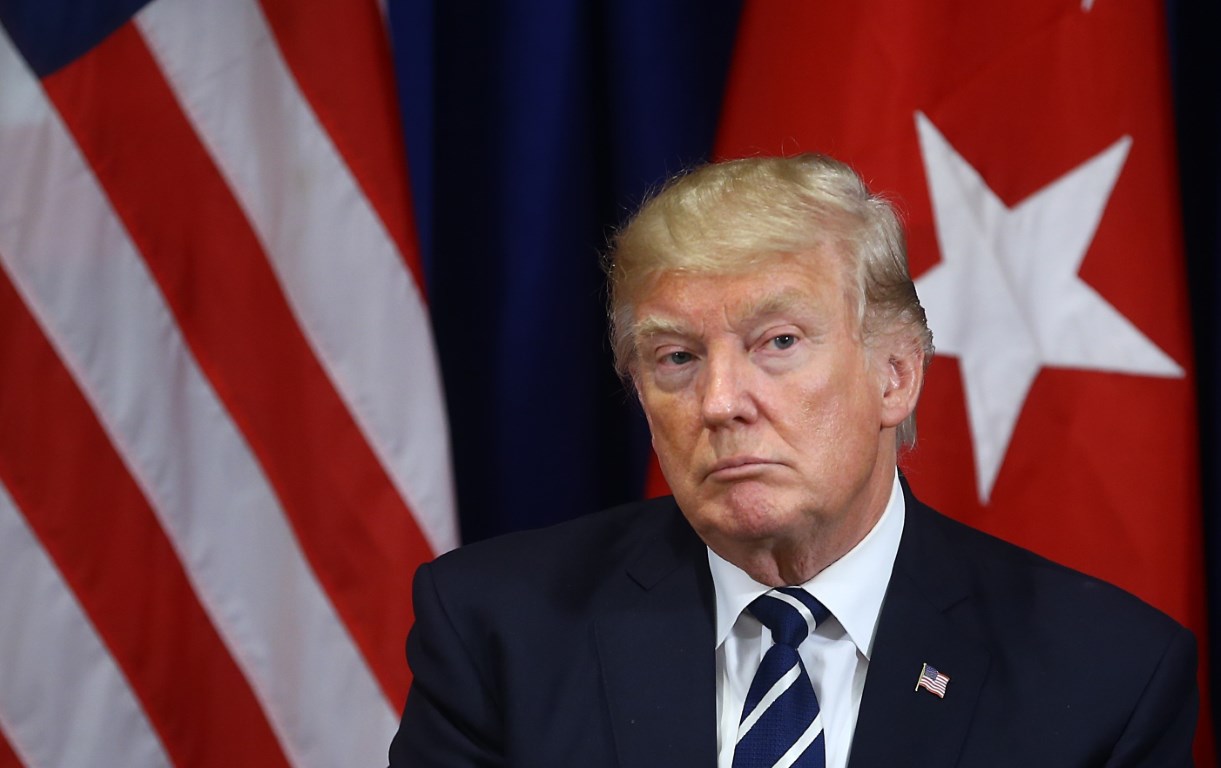US pulls out
May 9, 2018 | Expert Insights

The President of United States Donald Trump has signaled that he will withdraw from the nuclear deal with Iran. President Trump has said that he would re-impose economic sanctions that were waived when the deal was signed in 2015.
The United States has imposed restrictions on activities with Iran under various legal authorities since the seizure of the US Embassy in Tehran in 1979.
Background
After years of tension over its alleged efforts to develop nuclear weapons, Iran had in 2015 reached a Joint Comprehensive Plan of Action (JCPOA) with the P5+1 group of world powers –the US, UK, France, China, Russia and Germany. The International Atomic Energy Agency (IAEA) verified that Iran had implemented its key nuclear –related measures described in the JCPOA. As a result, the United States and the EU lifted nuclear related sanctions on Iran, which had crippled the Iranian economy, costing the country more than USD 160 billion in oil revenue from 2012 to 2016.
Iran had two facilities, one in Natanz and the other in Fordo, where uranium hexafluoride gas was fed into centrifuges to separate out the most fissile isotope, U-235. Low-enriched uranium has a concentration of 3- 4% of U-235 while an enrichment of over 90% is required to produce fissile material that can be used as a weapon. Under the JCPOA, Iran’s nuclear stock pile was reduced by 98% to 300 kilograms, and it cannot exceed this limit until 2031. It was obligatory to keep the stockpile levels of enrichment at 3.67% and to limit the installation of no more than 5060 of the least efficient centrifuges at Natanz until 2026. The 1044 centrifuges in Fordo would produce radioisotopes for use in medicine, agriculture, industry and science.
Iran had also agreed to redesign its heavy water nuclear facility in Arak so that it could not produce any weapons grade plutonium. In addition, all the spent fuel would be shipped out of the country as long as the modified reactor existed.
US experts had in 2015 estimated that if Iran had then pursued its weaponization program, it would have then taken them a maximum of 3 months to have sufficient quantity of 90% enriched Uranium to build a nuclear weapon – a window in nuclear parlance referred to as the “break-out time“.
Analysis
The comment of the US President that the deal was both “decaying and rotten” and an “embarrassment” to him “as a citizen”, was a reflection of a stand taken against the advice of his European allies.
Iran’s response has been to assert that it will start its uranium enrichment. Iranian President Hassan Rouhani said that he would “wait for a few weeks “to speak to allies and the other signatories to the nuclear deal. “If we achieve the deals goal in cooperation with other members of the deal, it will remain in place,” he said.
While the US appears firm in its intent, the United Kingdom with other European signatories has said that it remains committed to the deal, insisting that it has left the world “a safer place”. In a joint statement with her European counterparts, Theresa May said that she regretted Donald Trump’s decision to exit the 2015 agreement. The group affirmed that the accord “remains important for our shared security. “We urge all sides to remain committed to its implementation and to act in a spirit of responsibility,” they wrote.
After speaking together, German Chancellor Angela Merkel and French President Emmanuel Macron made it clear that they would not let the agreement - officially known as the Joint Comprehensive Plan of Action (JCPoA) - collapse.
In a statement released shortly after Trump's announcement, United Nations Secretary-General Antonio Guterres said he was "deeply concerned" by the decision to drop the deal and reinstate sanctions. Trump said the US would impose the highest level of sanctions on Tehran and any country that tried to help Iran evade economic sanctions, would also be penalized.
Assessment
Our assessment is that Trump’s decision to withdraw from the Iran nuclear deal appears on the periphery to be a failure of European diplomacy, and risks plunging the Middle East into chaos and conflict. We believe that the deal will survive without the US, as all the other signatories are firmly committed to it. However, we also sense that the current stance by the US President could be linked to the proposed talks with North Korea where he is firm on capping North Korea’s nuclearization program. We feel that the US might thereafter adopt a more conciliatory stance against Iran and take cognizance of the counsel provided by his allies.








Comments